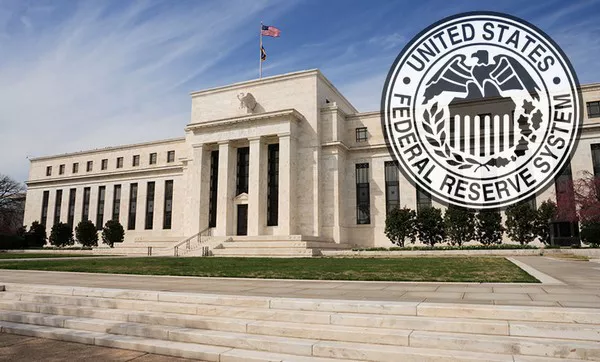West Texas Intermediate (WTI) oil prices extended losses during Tuesday’s Asian session to around $78.90 a barrel, following recent developments in the Middle East. However, the death of Iranian President Ibrahim Raisi in a helicopter crash and emerging health issues for Saudi Arabia’s King Salman bin Abdulaziz did not appear to affect markets.
Crude oil prices continued to struggle even as U.S. consumer inflation data cooled last week as investors weighed recent hawkish comments from the Federal Reserve. According to Reuters, Federal Reserve Vice Chairman Michael Barr said on Monday that the Fed has the ability to maintain policy stability and monitor the economy.
Cleveland Fed President Loretta Mester said in an interview with Bloomberg that she no longer believes it is appropriate to cut interest rates three times in 2024. Mester stressed that inflation risks are skewed to the upside and stressed that given the strength of the economy, there would be no harm in spending more time collecting inflation data.
The odds of the Fed cutting interest rates by 25 basis points in September rose slightly to 49.6% from 48.6% a week ago, according to the CME FedWatch tool.
In Canada, the expanded Trans Mountain pipeline (TMX) overcame years of regulatory delays and construction setbacks to begin commercial operations this month. The expansion will transport an additional 590,000 barrels of oil per day from Alberta to Canada’s Pacific coast.
Investors are now turning their attention to supplies from the Organization of the Petroleum Exporting Countries and its affiliate (OPEC+). They are scheduled to meet on June 1 to formulate output policy, which will include deciding whether to extend voluntary output cuts of 2.2 million barrels per day for some members.


